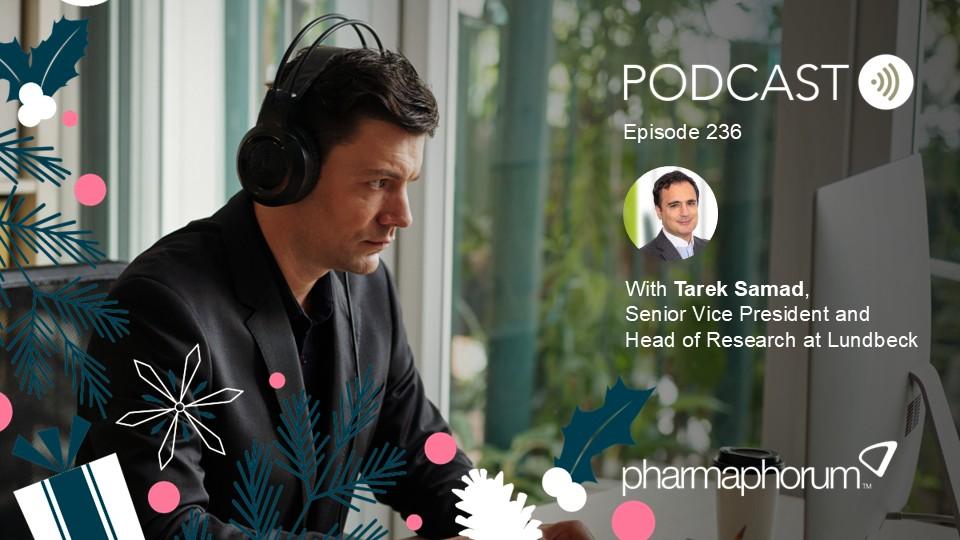Valo Health bags $2.7bn AI partnership with Novo Nordisk

Novo Nordisk has paid $60 million to partner Valo Health on a project that will apply the US start-up’s artificial intelligence-powered drug discovery engine to find new therapies for cardiometabolic diseases.
The Danish drugmaker wants to tap into Valo Health’s Opal platform, which has evolved from a technology first launched by a company called Numerate. It predicts some characteristics missing in other AI-based drug discovery systems, such as pharmacokinetics, ADME (absorption, distribution, metabolism, and excretion), toxicity, and the functional effects of compounds.
It also layers in “real-world” human data and human tissue modelling technology, which when combined can speed up the discovery and development process, according to Valo, which acquired Numerate shortly after it was launched in 2020. Since then, it has added to its capabilities by buying stem cell company Tara Biosystems and Courier Therapeutics, a specialist in protein therapeutics.
Novo Nordisk gets a license to three preclinical-stage cardiovascular disease programmes from Valo Health in return for its initial investment and is prepared to expand the partnership to cover 11 candidates. The total value of the deal is $2.7 billion, plus R&D funding and potential milestone payments.
The deal comes shortly after Valo Health forged a strategic partnership with contract research organisation (CRO) Charles River Laboratories, combining Opal with CRL’s drug discovery and development capabilities.
In a statement on the Valo Health alliance, Novo Nordisk pointed to the potential for Opal to predict compound safety and efficacy and said that the collaboration may be extended to cover “activities that could span the entire drug discovery continuum.”
“Artificial intelligence and machine learning hold the promise to positively impact drug discovery and development, in particular enabling our vision of leveraging human datasets early in the process, which should lead to a better understanding of target biology,” said Novo Nordisk’s chief scientific officer, Marcus Schindler.
“Valo brings a differentiated and powerful approach to using these technologies on real-world human data to generate new insights and translate them into potential therapeutics,” he added.
The pharma industry is increasingly relying on AI to power its drug discovery and development efforts, with a steady stream of partnerships with companies that promise to enhance drugmakers’ own computer-aided drug design (CADD) capabilities.
The number of AI-based drug discovery strategic alliances has increased significantly, with more announced almost every week. In the last few days, for example, Germany’s Merck KGaA pledged $1.3 billion to a pair of AI agreements with Exscientia and BenevolentAI aimed at the development of drugs in oncology, neurology, and immunology.
Valo Health is also advancing its own candidates through development, led by small-molecule ROCK 1/2 inhibitor OPL-0401, in phase 2 testing for non-proliferative diabetic retinopathy.













